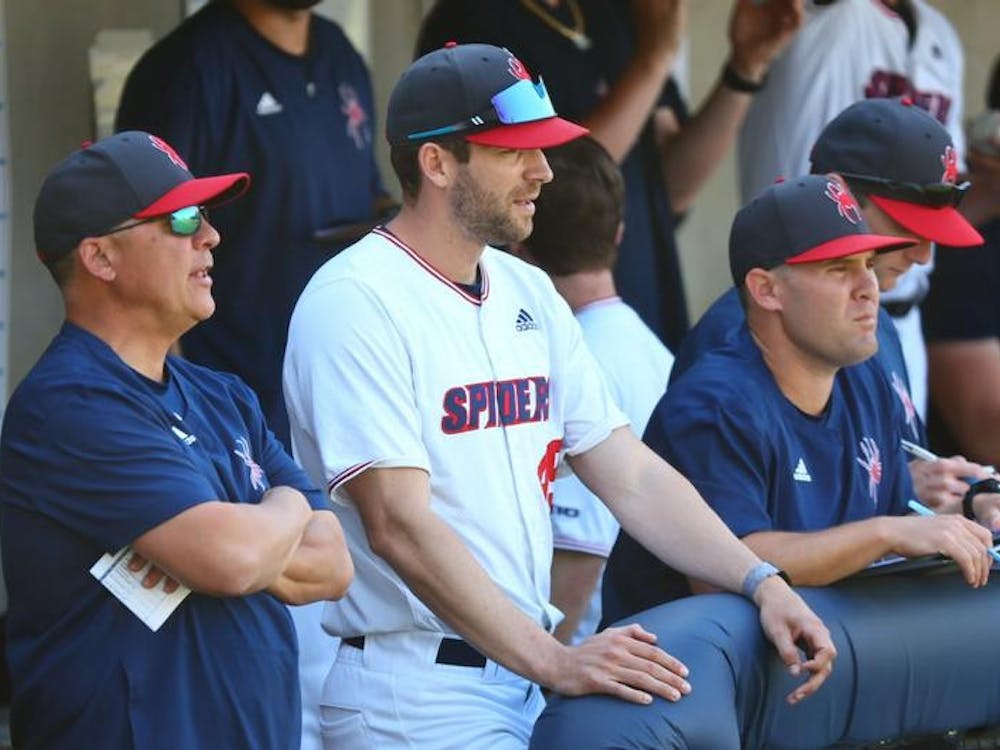What does a group of people do when a figure that has been given the sole responsibility to protect them does just the opposite? What happens when an authority figure abuses his/her power, and the trust between the people and those who protect them is broken? Normally, the answer would be for the community to voice their concerns and call for the removal of said authority figure. This should indeed be the case, but throw into this mix a history of mistreatment and racial issues and you have the case in Ferguson, Missouri.
Referred to as a “suburban ghetto,” Ferguson has been in the spotlight with news headlines recounting the story of an unarmed black teen shot and killed by one of the town’s white police officers. The events in Ferguson that have unfolded are, without a doubt, racially driven. Race plays a part in every aspect of what we see coming out of Ferguson: why the shooting happened in the first place, the violent responses from the town’s citizens and the shocked reaction of Americans throughout the nation.
It is also important to note that even though the actual shooting took place on Aug. 9, it wasn’t until Aug. 13 that the Department of Justice officially addressed that Brown’s civil rights may have been violated and began a federal investigation. In other words, it took four days for our government to realize that the events in Ferguson may not have been justified and that Officer Darren Wilson, and the rest of the Ferguson Police Department, may have been responsible for the death of an innocent black teenager.
It is crucial to also examine some of the recent history of Ferguson to better understand why race plays such a crucial role in both the facts of the case and the public’s opinion of the happenings in Ferguson. Listed as “one of the nation’s most segregated metropolitan areas” by The New York Times, Ferguson, Missouri, has seen its fair share of racial segregation. It has also been prone to episodes of economic poverty and oppressive law enforcement, with only three of the 53 officers employed by the Ferguson Police Department being black. Moreover, earlier in 2014, the NAACP had already filed a civil suit against the police departments of St. Louis County. With all of these facts, figures and misfortunes, it seems it was inevitable that something would happen in Ferguson, something like the shooting of Michael Brown.
After months of both violence and nonviolence, the race problem continued to grow, even into the courtrooms. It significantly affected the decision of the Grand Jury not to indict Officer Wilson for his actions, and called into question the larger issue of civil rights – were Michael Brown’s rights violated if/when Officer Wilson showed racial hostility toward him and caused his death? But the public can only speculate about the motivation behind the Grand Jury’s decision not to indict Officer Wilson.
It is more important that we, as the people, do not get distracted from the real problems that are visible not only in the streets of Ferguson, but within America. Though it is always a tragedy whenever a young life is wrongfully and abruptly ended, it, unfortunately, takes an event such as this to ultimately motivate black people to act as a whole and fight against the unlawful and unjust treatment blacks receive from not only law enforcement, but the entire political and governmental system.
It is clear that there are a number of specific factors that have led to Ferguson receiving as much publicity as it has: the fact that the victim was a black teenager, that the shooter was a white police officer, that the shooting took place in broad daylight with a number of witnesses and that Officer Wilson did not receive penalties. But because of all this, black people must force America to consider the bigger picture. We must see civil rights issues addressed by the government to assume the righteous grievances of the black community.
Contact reporter Keshara Moore at keshara.moore@richmond.edu
Support independent student media
You can make a tax-deductible donation by clicking the button below, which takes you to our secure PayPal account. The page is set up to receive contributions in whatever amount you designate. We look forward to using the money we raise to further our mission of providing honest and accurate information to students, faculty, staff, alumni and others in the general public.
Donate Now


